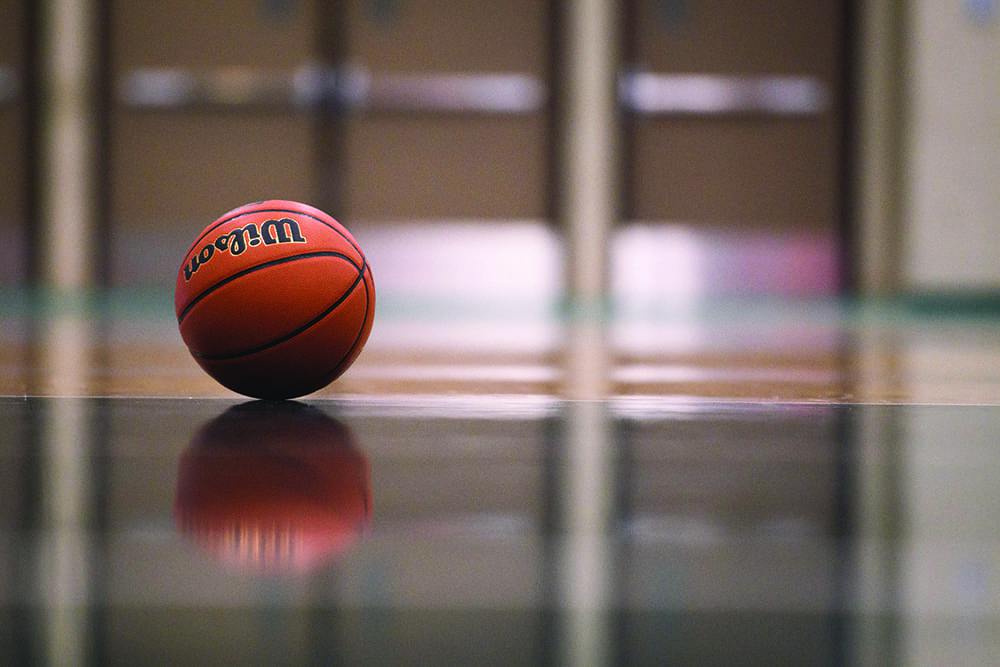Plagiarism is plagiarism

Profs should not get the light touch for copying students’ works.
Author: Liam Fitz-Gerald
For many university students, the world plagiarism invokes anxiety and terror, as its consequences can be devastating for the individual. The University of Regina defines plagiarism as “a form of academic dishonesty in which one person submits or presents the work of another person as his or her own, whether from intent to deceive, lack of understanding, or carelessness.” This means if a student purchases a paper online and submits it as their work, or falsifies a lab result, then they have intentionally misled their grader and have committed plagiarism. Ignorance is also not a valid justification. Not understanding how to cite something is no excuse and seemingly innocent mistakes can also constitute plagiarism. Forgetting to cite a source in-text and forgetting to put quotation marks around the writings of another may result in a student being investigated for plagiarism.
If an instructor has reason to suspect plagiarism they are to alert their respected Dean who investigates. If plagiarism is found, then the penalties depend on the severity of the offense. They range from a grade decrease on an assignment or a course to suspension and expulsion in the worst case. It’s no wonder students dread plagiarism.
What happens if an instructor commits an act of plagiarism?
An engineering professor at the University of Regina is currently being investigated for plagiarism. Dr. Shahid Azam has been accused by his former master’s student, Arjun Paul, of plagiarizing Paul’s thesis. Indeed, a CBC News story compared Azam’s paper to Paul’s thesis and found a twenty-four percent similarity between the two documents with a comparison showing almost identical writing in various sections.
Azam argues that the similarities between the documents are because he wrote them both, claiming that he wrote part of his student’s thesis during the editing process, a statement that Paul denies. Azam’s lawyer has said that while the professor’s case may fall under the university’s definition of plagiarism, it does so only technically. The defense is that it was not a malicious act as there are few ways to express some very technical scientific concepts; also, his client is allegedly the creator of both documents.
Benson Honig, a business professor at McMaster University, told CBC that universities clamp down on students much harder than faculty for plagiarism offenses, saying that faculty plagiarism reflects poorly on the university as a whole, whereas a cheating student is…just that. He’s definitely on to something and here’s why.
Although this particular case is not closed, it’s important to note that if Dr. Azam is found to have plagiarized, he will in all likelihood not be fired from his job and thus cut off from his livelihood unless he voluntarily resigns, and in all probability, his career will recover in the long term. The journal that removed his article after the allegations came to light have said that the professor is not prohibited from submitting other work to them during the investigation.
Many established academics who commit plagiarism are not treated the same as students who do so. Remember Dr. Philip Baker? He’s the former University of Alberta Medical School Dean who resigned in 2010 after it came to light that he plagiarized himself—still an offense – in a speech he gave. He was not fired; he left voluntarily. He’s now currently working as a Director at the National Center for Growth and Development. His website profile doesn’t mention his tenure at the University of Alberta.
A university student kicked out for plagiarism can face a very uncertain future. In the worst case, it’s noted on their transcripts, which are required for transferring to another post-secondary institution, including universities and technical colleges. It’s certainly a burden they have to carry with them in this competitive economy.
All plagiarism offenses are not equal. If some faculty can be absolved for such a transgression, then can’t some students be forgiven? Why are some students given a permanent record of shame while many professors can move forward with their lives, often in their chosen professions? Not all professors who plagiarize should be fired, nor should some students who plagiarize not be sanctioned in some form, but there certainly should be a conversation about offenses and circumstances and whether certain punishments fit certain crimes.









